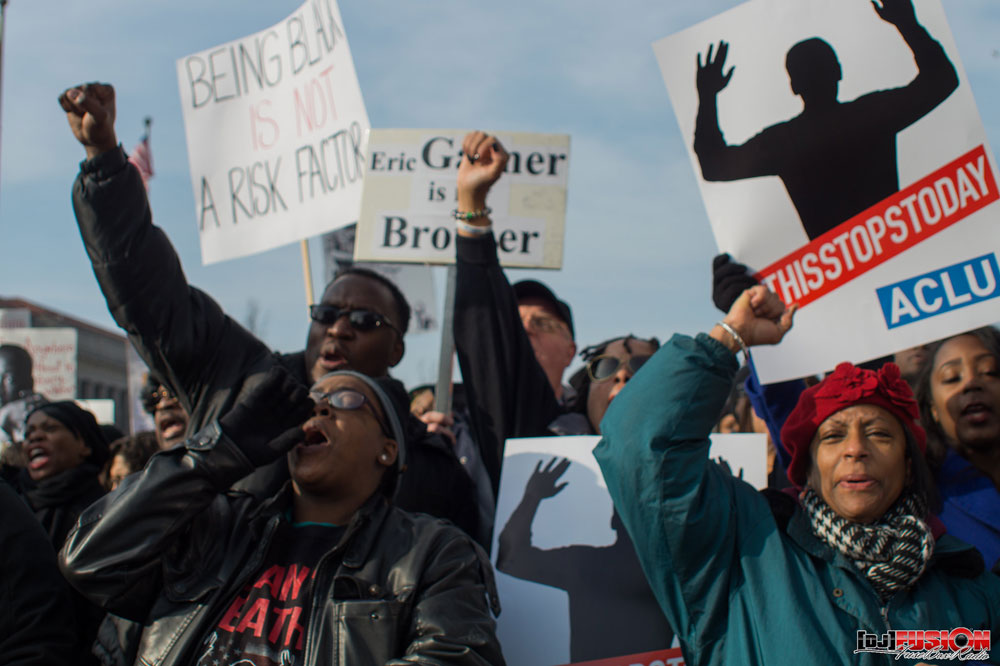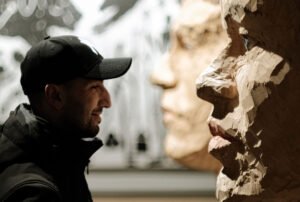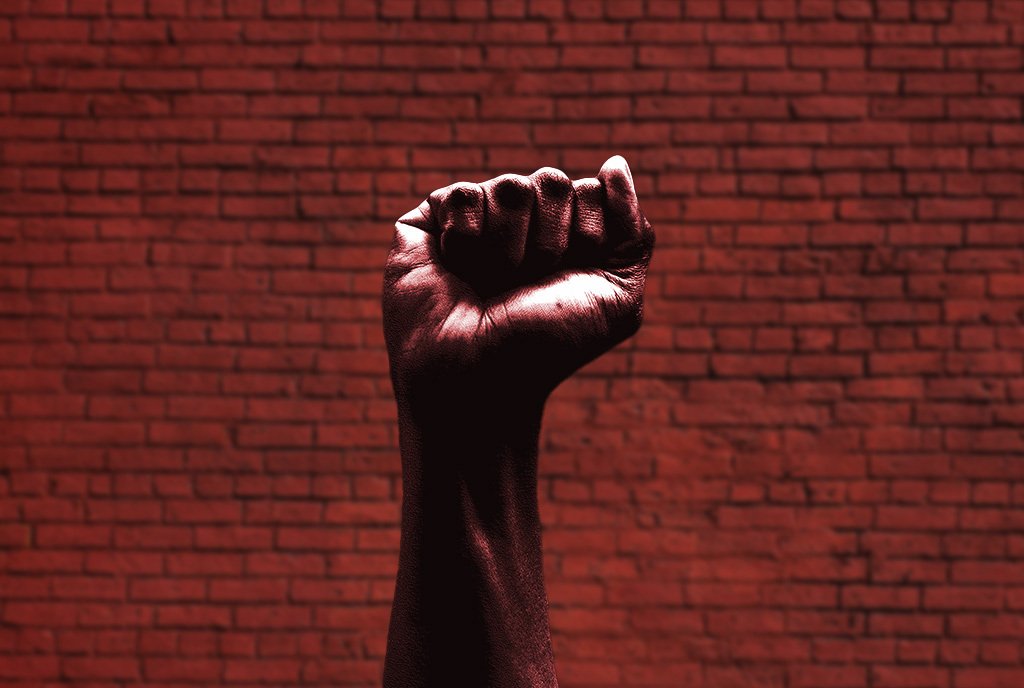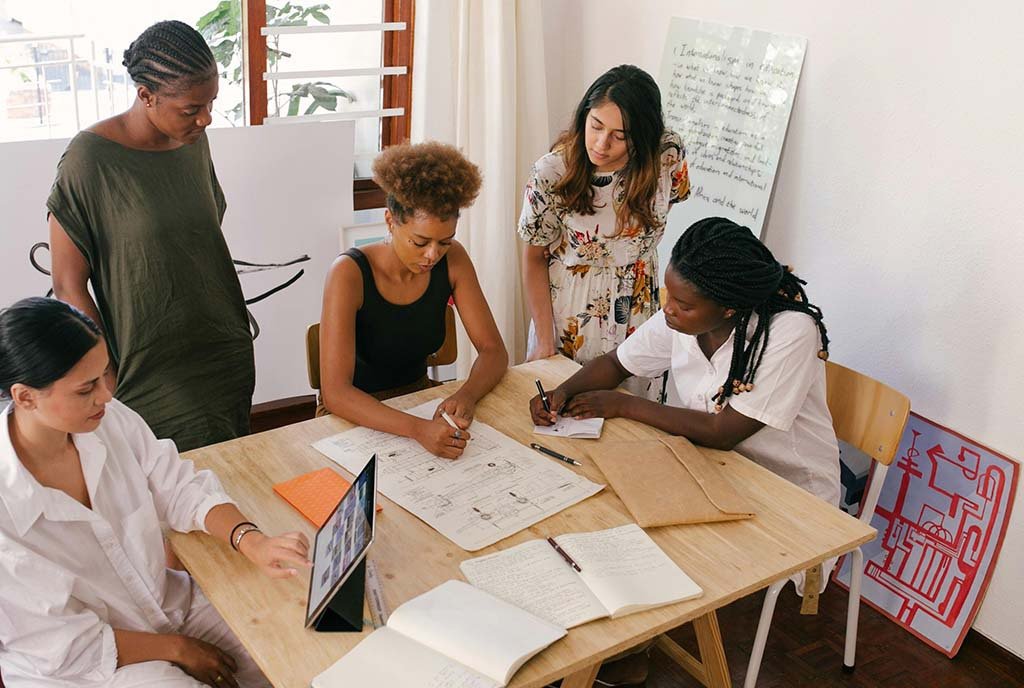
May 29, 2019; Generocity
The American Civil Liberties Union (ACLU) recently took its 100th birthday celebration on the road, where it reintroduced itself as new and improved.
Traditionally, the ACLU has fought its social justice battles in the courtroom and the halls of legislatures across the country, but now it is taking its fight to the streets in the form of grassroots advocacy and voter education. The goal is to tip elections in favor of civil liberties and to drive policy. This new thrust was evident in a free 15-city nationwide tour the ACLU is sponsoring in the run-up to its 100th birthday in 2020. It combined celebratory performances and food, with lectures from experienced activists alongside immersive exhibits of the most pressing social justice challenges.
Sign up for our free newsletters
Subscribe to NPQ's newsletters to have our top stories delivered directly to your inbox.
By signing up, you agree to our privacy policy and terms of use, and to receive messages from NPQ and our partners.
Between March and this past weekend, when the 100th Anniversary Tour ended its run in New York City, the ACLU touched people in cities from Oakland to Philadelphia and from Austin to Milwaukee. (The tour kicked off at Austin’s South-by-Southwest Music Festival.) It hasn’t been all lectures and forums, either; it’s featured rap music and family art activities and included Afro-Brazilian drumming, spoken word performances, Drag Queen Story Time, and a peace and justice yoga session—not to mention live podcasts featuring ACLU staff.
The goal was to reach out to local communities and highlight the work of the ACLU on such issues as immigrant rights, mass incarceration, and voting. This work has placed the ACLU front-and-center in the era of Trump and increased its membership and funding. The tour was meant to bring people together and get them thinking about future involvement in civil liberties in ways that go beyond simply paying dues and making donations to have the ACLU pursue matters in court.
The tour’s success may be reckoned when the ACLU looks at the number of its members who vote in the 2020 elections, as numbers were disappointing for both 2016 and 2018. The hope is that this work will remind people that “law” and “justice” are not the same thing. The ACLU recognizes, at age 100, the power that lies in grassroots movements.—Carole Levine













